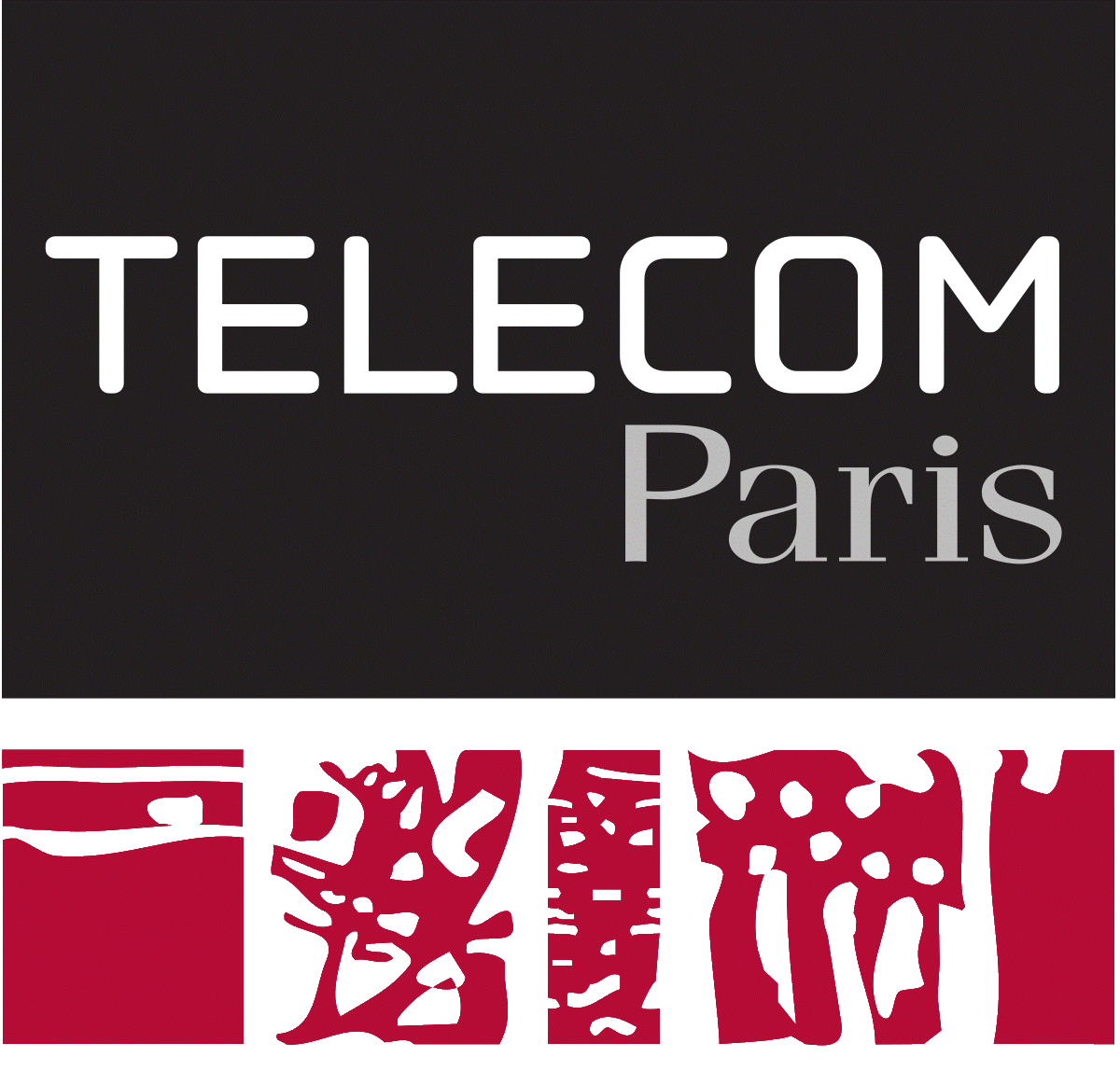The 24th International Conference on Knowledge Engineering and Knowledge Management (EKAW-24) encompasses the diverse realms of eliciting, acquiring, modeling, and managing knowledge. The conference addresses the pivotal role of knowledge in constructing systems and services for the semantic web, knowledge management, knowledge discovery, information integration, natural language processing, intelligent systems, e-business, e-health, humanities, cultural heritage, and beyond.
EKAW-24's Special Theme: Knowledge in the Age of Language Models (LMs). In addition to the topics above, this year's conference invites research articles focusing on algorithms, tools, methodologies, and applications that leverage the interplay between knowledge and LMs. The contributions should deepen our understanding of how LMs contribute to the dynamic landscape of knowledge acquisition and engineering and vice versa.
All submissions, including those related to LMs, should establish a clear connection to Knowledge Engineering and Knowledge Management or demonstrate a significant impact on the field. While acknowledging the interdisciplinary nature of knowledge and its interplay with other disciplines and technologies, such as Machine Learning, Natural Language Processing, and Computer Vision, contributions lacking direct relevance to Knowledge Engineering and Knowledge Management will not be considered pertinent to the EKAW conference.

